I'm using gqlgen package to create GraphQL server. However, I can't limit the amount of the alias. FixedComplexityLimit limits the complexity of the query. It is possible in JS community thanks to graphql-no-alias npm package. I need that kind of thing.
I want to limit the amount of the alias to prevent the batching attack. Let's try to explain by giving an example.
query {
productsByIds(productIds: "353573855") {
active {
id
path
title
}
productsByIds2: productsByIds(productIds: "353573855") {
active {
id
path
title
}
}
}
The above query should give an error. However, the below should work. This is just an example I have more complex schemas that's why the complexity limit didn't work for me.
query {
productsByIds(productIds: "353573855") {
active {
id
path
title
}
products {
active {
id
path
title
}
}
}
